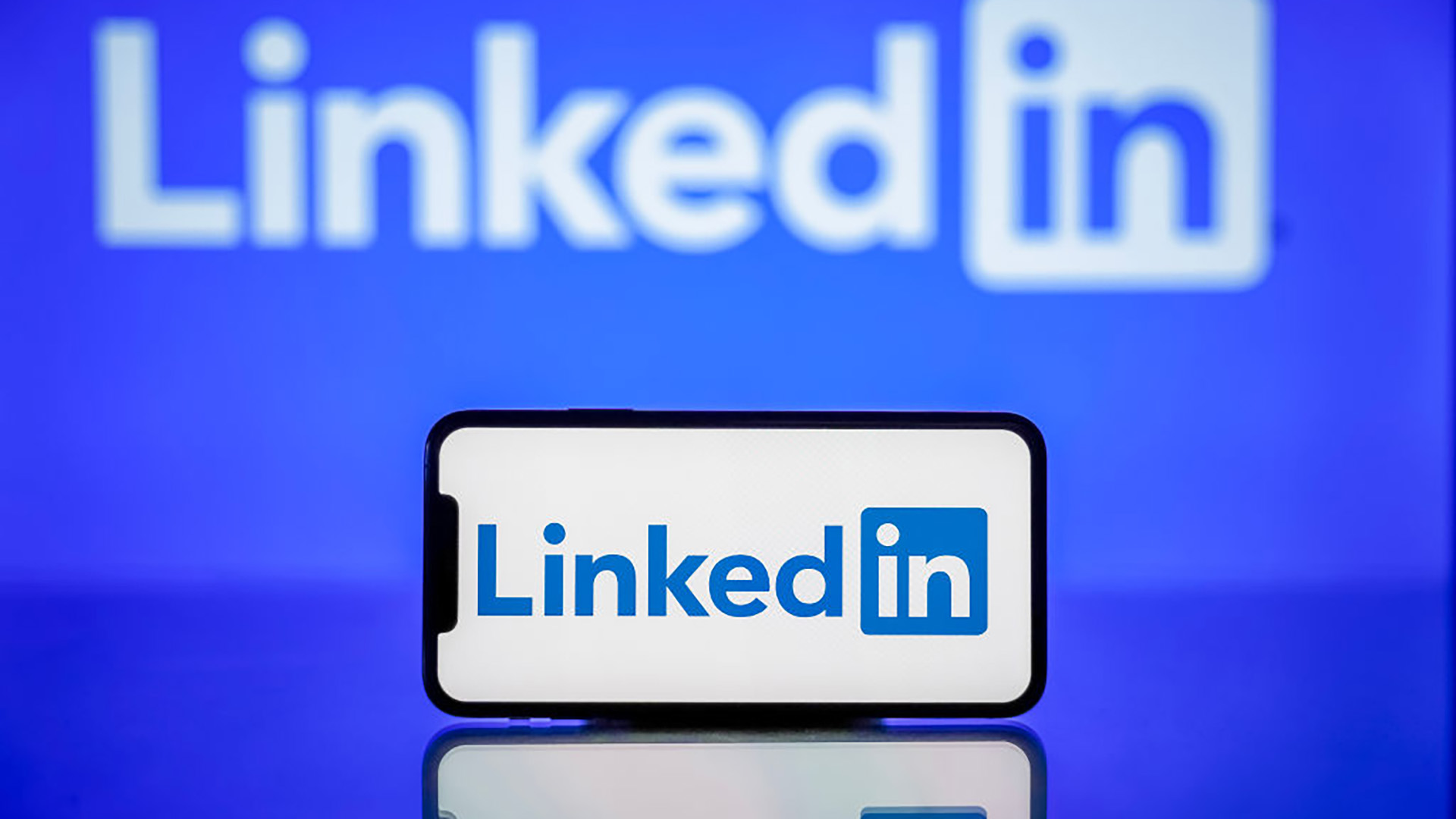Robinhood hack exposes data from millions of customers
An attacker socially engineered an employee at the stock-trading platform to gain access to customer support systems


Robinhood has revealed that an unauthorised third party has gained access to millions of customers’ data, adding to the company’s troublesome 2021.
The stock-trading platform said in a blog post that on 3 November a hacker socially engineered a customer support employee by phone and obtained access to certain customer support systems. The company said the unauthorised party obtained a list of email addresses for approximately five million people, and full names for a different group of two million people.
Robinhood added that for around 310 people, personal information like name, date of birth, and zip code were exposed, with a subset of around 10 customers having more extensive account details revealed, although it did not disclose what these details were.
Following the breach, the unauthorised party demanded an extortion payment, said the company, which informed law enforcement and is continuing to investigate the incident with the help of an outside security firm.
Robinhood is also in the process of making disclosures to those affected but believes that no social security numbers, bank account numbers, or debit card numbers were exposed. There has been no financial loss to any customers as a result of the incident.
RELATED RESOURCE

2021 state of email security report: Ransomware on the rise
Securing the enterprise in the COVID world
“As a Safety First company, we owe it to our customers to be transparent and act with integrity,” said Robinhood chief security officer Caleb Sima. “Following a diligent review, putting the entire Robinhood community on notice of this incident now is the right thing to do.”
2021 has been a tricky year for Robinhood, which was summoned to a Congressional hearing in February after the company’s app facilitated a January GameStop squeeze. It was instigated by the subreddit r/WallStreetBets and the platform decided to halt trade on popular stocks, as reported by The Verge.
Sign up today and you will receive a free copy of our Future Focus 2025 report - the leading guidance on AI, cybersecurity and other IT challenges as per 700+ senior executives
In July, the company had the worst debut ever for an IPO of its size, according to Bloomberg. Shares in the broker fell 8.4% below the IPO price in the company’s first trading session, the worst debut among 51 US firms that raised as much cash as Robinhood or more.
Zach Marzouk is a former ITPro, CloudPro, and ChannelPro staff writer, covering topics like security, privacy, worker rights, and startups, primarily in the Asia Pacific and the US regions. Zach joined ITPro in 2017 where he was introduced to the world of B2B technology as a junior staff writer, before he returned to Argentina in 2018, working in communications and as a copywriter. In 2021, he made his way back to ITPro as a staff writer during the pandemic, before joining the world of freelance in 2022.
-
 AI coding tools are booming – and developers in this one country are by far the most frequent users
AI coding tools are booming – and developers in this one country are by far the most frequent usersNews AI coding tools are soaring in popularity worldwide, but developers in one particular country are among the most frequent users.
-
 Cisco warns of critical flaw in Unified Communications Manager – so you better patch now
Cisco warns of critical flaw in Unified Communications Manager – so you better patch nowNews While the bug doesn't appear to have been exploited in the wild, Cisco customers are advised to move fast to apply a patch
-
 The FBI says hackers are using AI voice clones to impersonate US government officials
The FBI says hackers are using AI voice clones to impersonate US government officialsNews The campaign uses AI voice generation to send messages pretending to be from high-ranking figures
-
 Employee phishing training is working – but don’t get complacent
Employee phishing training is working – but don’t get complacentNews Educating staff on how to avoid phishing attacks can cut the rate by 80%
-
 Russian hackers tried to lure diplomats with wine tasting – sound familiar? It’s an update to a previous campaign by the notorious Midnight Blizzard group
Russian hackers tried to lure diplomats with wine tasting – sound familiar? It’s an update to a previous campaign by the notorious Midnight Blizzard groupNews The Midnight Blizzard threat group has been targeting European diplomats with malicious emails offering an invite to wine tasting events, according to Check Point.
-
 This hacker group is posing as IT helpdesk workers to target enterprises – and researchers warn its social engineering techniques are exceptionally hard to spot
This hacker group is posing as IT helpdesk workers to target enterprises – and researchers warn its social engineering techniques are exceptionally hard to spotNews The Luna Moth hacker group is ramping up attacks on firms across a range of industries with its 'callback phishing' campaign, according to security researchers.
-
 Hackers are using Zoom’s remote control feature to infect devices with malware
Hackers are using Zoom’s remote control feature to infect devices with malwareNews Security experts have issued an alert over a new social engineering campaign using Zoom’s remote control features to take over victim devices.
-
 State-sponsored cyber groups are flocking to the 'ClickFix' social engineering technique
State-sponsored cyber groups are flocking to the 'ClickFix' social engineering techniqueNews State-sponsored hackers from North Korea, Iran, and Russia are exploiting the ‘ClickFix’ social engineering technique for the first time – and to great success.
-
 Have I Been Pwned owner Troy Hunt’s mailing list compromised in phishing attack
Have I Been Pwned owner Troy Hunt’s mailing list compromised in phishing attackTroy Hunt, the security blogger behind data-breach site Have I Been Pwned, has fallen victim to a phishing attack targeting his email subscriber list.
-
 LinkedIn has become a prime hunting ground for cyber criminals – here’s what you need to know
LinkedIn has become a prime hunting ground for cyber criminals – here’s what you need to knowNews Cyber criminals are flocking to LinkedIn to conduct social engineering campaigns, research shows.
